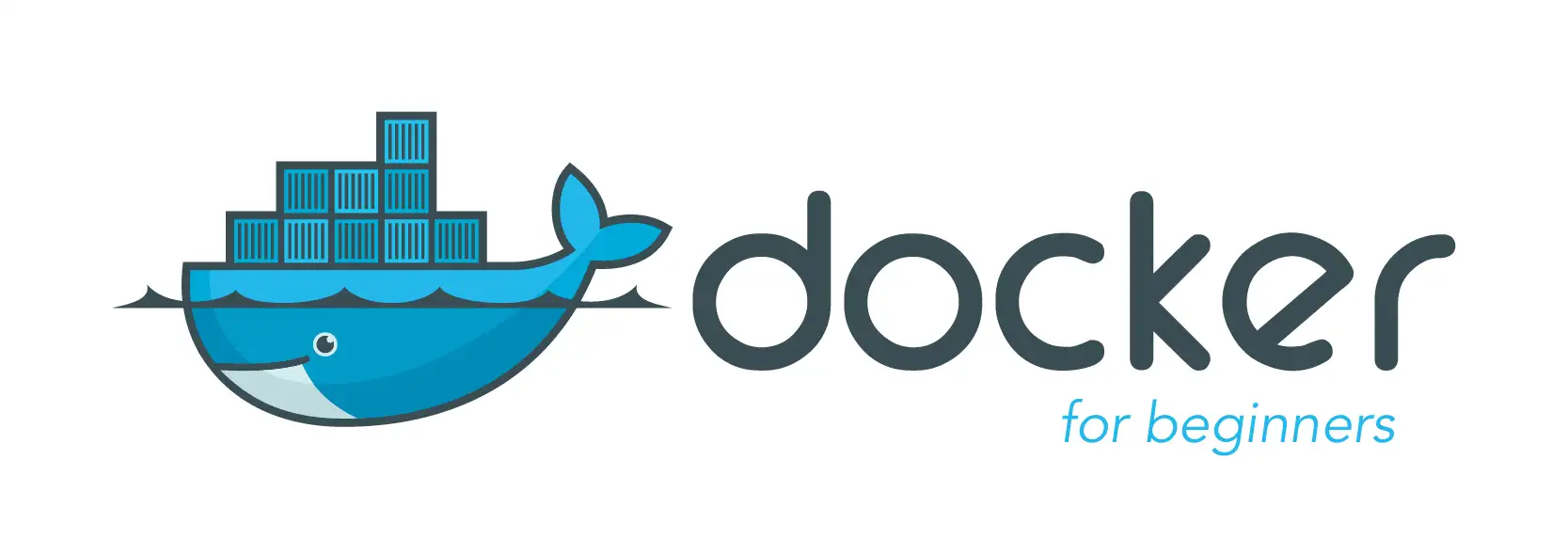If dont want to pay and use CleanMyMac and still see a lot of space being used, even after rebooting, here are some possible causes and solutions to investigate:
Note: the bash script at the bottom of this post is safe to use and faster.
1. Hidden System Files and Caches
- macOS sometimes caches large amounts of data (e.g., Spotlight indexing, system logs, or updates).
- Open Finder, press
Cmd + Shift + .to reveal hidden files. - Check
/private/var/folders/for large temporary files. - Check
/Library/Caches/and~/Library/Caches/for excessive cache usage.
2. Large Snapshots from Time Machine
Time Machine can create local snapshots on your drive, taking up space. Open Terminal and type:
tmutil listlocalsnapshots /
Delete snapshots with:
sudo tmutil deletelocalsnapshots <snapshot_name>
3. Large Applications or Files
- Some apps may store large libraries (e.g., Photos, iTunes, or Final Cut Pro).
- Use Finder to sort files by size (
Cmd + F> “Kind: Any” > Add size filter). - Use
About This Mac > Storageto locate large files.
4. iCloud Drive Mismanagement
- Files stored in iCloud may be downloading automatically and consuming space.
- Check
System Preferences > Apple ID > iCloud > Manage. - Disable or optimize iCloud Drive.
5. Stuck macOS Update
- A failed or paused macOS update can leave temporary files.
- Go to
/macOS Install Data(if it exists). - Delete the folder (requires admin permissions).
6. Virtual Machines or Containers
- If you use Docker, Parallels, or other virtual environments, they can use large disk images.
- Check their storage settings for oversized files.
7. Disk Space Analyzers
- Use a tool to visualize storage usage (CleanMyMac isn’t perfect at finding everything):
- DaisyDisk
- Disk Inventory X
- GrandPerspective
8. APFS Purgeable Space
macOS APFS stores “purgeable” data that isn’t immediately visible. In Terminal, type:
diskutil list
Look for “Purgeable Space.” This will be freed when needed.
9. Logs or Crash Reports
Excessive log files can accumulate over time.
Check /var/log and ~/Library/Logs.
10. Email Attachments
Large attachments in Mail can consume space. Open Mail > Preferences > Accounts > Disable “Download Attachments.”
11. Delete all local snapshots
Attention: after this you can not restore an old version of a file, this remove local backup! To delete all local Time Machine snapshots on macOS, follow these steps:
1. List Local Snapshots
Open Terminal and type:
tmutil listlocalsnapshots /
This will display all local snapshots stored on your Mac, with names like:
com.apple.TimeMachine.2025-02-14-123456
2. Delete Snapshots One by One
Use the following command to delete a specific snapshot:
sudo tmutil deletelocalsnapshots <snapshot_name>
Replace <snapshot_name> with the name of each snapshot listed in the previous step.
3. Delete All Snapshots at Once
If you want to delete all snapshots without specifying each one, you can automate it with a loop:
for snapshot in $(tmutil listlocalsnapshots / | grep -o 'com.apple.TimeMachine.[0-9-]*'); do
sudo tmutil deletelocalsnapshots $snapshot
done
4. Confirm Deletion
Re-run the listlocalsnapshots command to verify they are gone:
tmutil listlocalsnapshots /
5. Prevent Local Snapshots from Reappearing
If you don’t want Time Machine to create local snapshots in the future, you can disable them:
sudo tmutil disablelocal
MacOS script that clean up some space
#!/bin/bash
echo "Starting macOS Disk Cleanup..."
# Clear system and user caches
echo "Clearing system and user caches..."
rm -rf ~/Library/Caches/*
rm -rf /Library/Caches/*
# Clear browser caches (Safari)
echo "Clearing Safari caches..."
rm -rf ~/Library/Safari/*
rm -rf ~/Library/Caches/com.apple.Safari/*
rm -rf ~/Library/WebKit/com.apple.Safari/*
# Clear Trash
echo "Emptying Trash..."
rm -rf ~/.Trash/*
# Remove temporary files
echo "Removing temporary files..."
rm -rf /private/var/tmp/*
rm -rf /tmp/*
# Clear logs
echo "Clearing system logs..."
rm -rf /Library/Logs/*
rm -rf ~/Library/Logs/*
# Remove old system updates (if any)
echo "Removing old system update files..."
rm -rf /Library/Updates/*
# Free up Xcode junk (if you have Xcode installed)
if [ -d ~/Library/Developer ]; then
echo "Clearing Xcode caches..."
rm -rf ~/Library/Developer/Xcode/DerivedData/*
rm -rf ~/Library/Developer/CoreSimulator/*
fi
# Remove user cache for Homebrew (if installed)
if command -v brew >/dev/null 2>&1; then
echo "Clearing Homebrew cache..."
brew cleanup -s
rm -rf "$(brew --cache)"
fi
# Show disk space after cleanup
echo "Cleanup completed. Disk space after cleanup:"
df -h /
echo "Done!"



